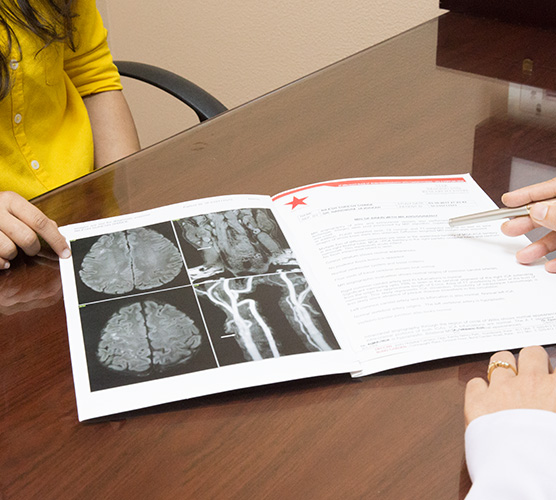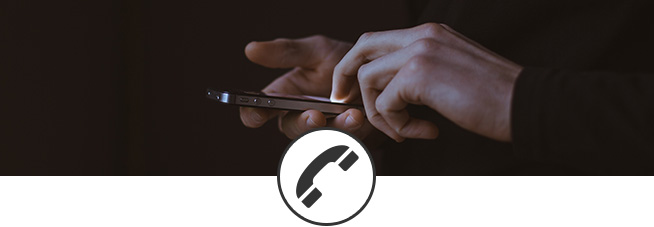The radiographers will help you onto the couch. They will position a coil over the part of your body that’s going to be imaged. They will then slide you on the couch into the magnet.
Once the radiographers have positioned you inside the scanner, they will go out of the room into a room next door.
They will be able to see you at all times through a large window. Also, they will be able to talk to you and listen to you through an intercom system.
They will ask you to remain as still as possible during the scan. They may also ask you to do things such as hold your breath for a few seconds while they are scanning.
You may not be prepared for the noise that an MRI scanner makes. While scanning, MRI scanners make loud “banging” or “clunking” or “buzzing” noises which are quite normal.
The radiographers may issue you with ear protection before helping you into the scanner. You also have an option to use headphones so that you can listen to music during the scan.
Sometimes a special dye (contrast medium) is injected into a vein in your hand or arm during the scan to produce more detailed images. If you have kidney problems or allergies, please tell your radiographer beforehand.








